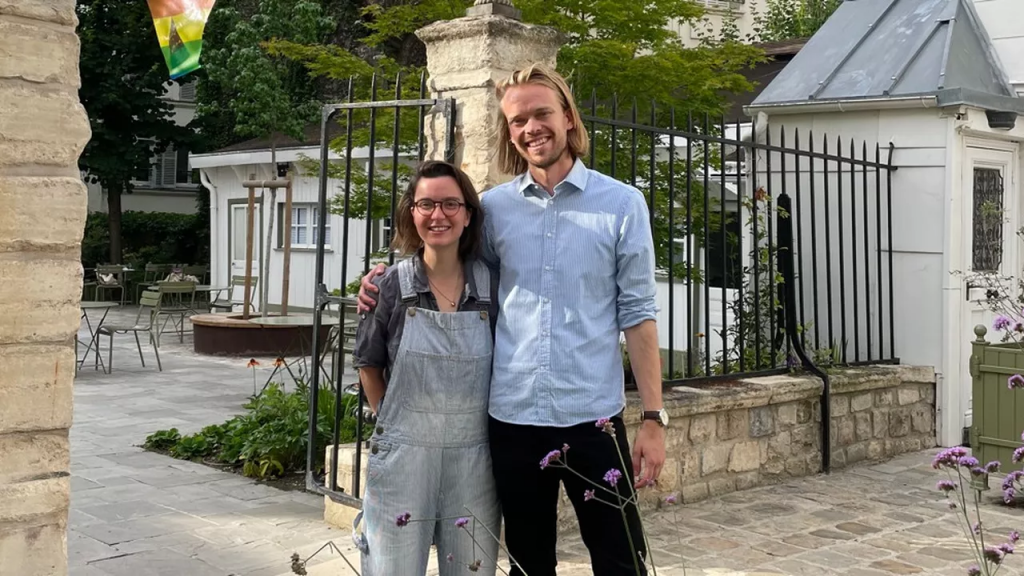How Commune’s coliving promises to house and support single parents
French start-up Commune is creating cohousing for single-parent families in France and (in time) beyond. Coliving is already in huge demand. Why does Commune stand out among the rest?
Commune is France’s first coliving development made just for single-parent families. This cohousing experience hopes to support the particular needs of single-parent households. Commune hopes to build 500 coliving buildings in 10 years.
There are already a number of coliving developments across Europe. These cater to a variety of populations (e.g young professionals, families, older folks) or lifestyles.
Commune’s furnished apartments will include a kitchenette, high-speed internet, streaming services like Netflix and Disney+ as well as access to legal advice. There are large communal spaces such as a kitchen, laundry room, garden and playrooms for kids. There will also be communal sporting events and festivities.
The space will offer a number of other services to take some stress and time off parents’ hands. These include babysitting, school drop-offs, cleaning and meal prep. However, these particular services will come at an extra cost.

Single-parent families are quite common in France (one in three families in Paris and one in four in France overall). This population is known to be associated with unique challenges, financial hardship and social exclusion.
Commune has ambitious plans to build 500 of their coliving buildings in ten years. Each one can house around 25 families and will aim to combat the limited housing and costs of housing. The startup also dreams of taking its venture across Europe and even America.
While it’s far from new, coliving is growing more popular across the world. In India, coliving options are becoming more attractive to working professionals in particular. As people return to the office many are adopting a hybrid in-person/work-from-home model. These newer developments are close to cities’ amenities and opportunities while providing shared spaces to work from home.
In the UK, some spaces are receiving more applications than they can handle. Some communities have become so popular that a hefty buy-in may be necessary to get a spot.

There are more than 400 coliving communities across the UK. Many of these offer people the chance to live a more sustainable, idyllic life away from the city.
Coliving communities can be particularly attractive in the face of a housing crisis, busy lives and their philosophies. But starting a development or community can be extremely difficult. Chris Coates, author of Utopia Britannica, suggests that 50% of the “intentional communities” fail within two years due to financial struggles.
“For communal living to work, individuals need to put in the emotional labour: being tolerant of each other’s foibles, for example, and being willing to let go of petty grievances.”
Dr Andrea Jones
New Zealand already has a number of established and upcoming coliving developments, not to mention papakāinga living.
What do you think of the rise of cohousing and in particular of ones that cater to specific demographics? Are you excited by their benefits or worried about the huge challenges they face?
Further resources
- Coliving for single-parent families: Places to live and thrive! from Commune
- Society of Cohousing New Zealand (SCoopHNZ)
- Te Aro Pā – a place to call home from Te Puni Kōkiri
- Supporting new homes and papakāinga from Te Puni Kōkiri
- Better places to live: community and housing by Kōrero Wellington
- Co-living takes off in Europe amid remote work boom and cost of living crisis by Luke Hurst
Leave a comment